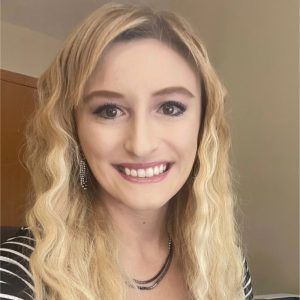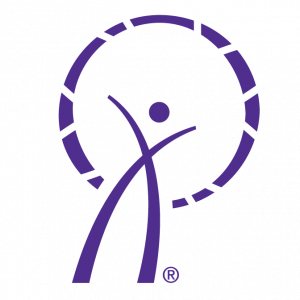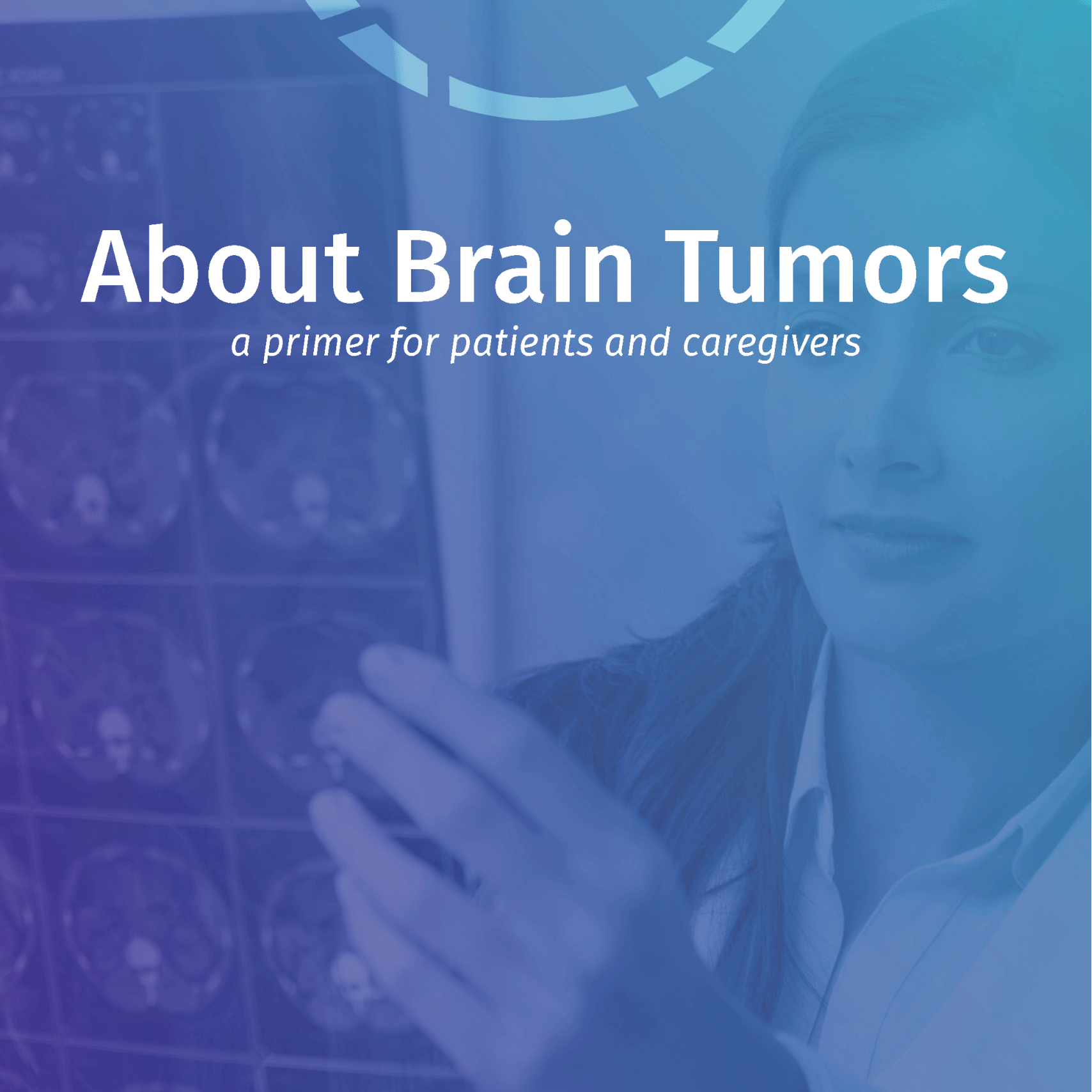Patients with low-grade glioma (LGG) may soon have a new treatment option following groundbreaking results from INDIGO, a global, randomized, double-blinded phase 3 trial studying a novel targeted drug called vorasidenib. MindMatters shares what this emerging drug is and how it could transform the future of treatment.
Here are three things you should know:
1. Vorasidenib specifically targets IDH mutations.
The IDH1 and IDH2 mutations are found in 80 percent of LGG and 20 percent of diffuse gliomas—the most common cancerous brain tumors among adults. LGG mainly affects young adults in their 30s and 40s.
While they’re considered low-grade tumors, LGG may still grow/progress and require unique treatment because of the IDH mutation. The standard of care is typically surgery followed by chemo or radiation therapy, which can be toxic to other areas of the brain and cause harsh, long-term side effects.
Vorasidenib is an oral penetrant inhibitor that can bypass the blood-brain barrier and thus, deliver a more potent drug. It specifically targets the IDH enzyme, which can effectively hinder the growth and progression of the tumor, setting it apart from traditional therapies.
Led by Dr. Ingo K. Mellinghoff of the Memorial Sloan-Kettering Cancer Center, trial participants took vorasidenib (or a placebo) by mouth daily in 28-day cycles. The 331 participating patients had no prior treatment besides surgery.
2. Patients who took vorasidenib went much longer without tumor progression.
Results published in the New England Journal of Medicine in June showed that patients who received the drug saw a 61 percent reduction in their risk of disease progression—a median average of 27.7 months of progression-free survival, compared to 11.1 months in the placebo group.
In turn, vorasidenib helped to increase the time to next intervention (TTNI)–the timeframe before patients need additional treatment, like chemo and/or radiation. About 83 percent of patients who took the drug did not need further treatment at the trial’s two-year mark—compared to 17.4 months in the placebo group.
Overall, the drug was received well, and patients reported only minor side effects.

3. The drug has received fast-track designation by the FDA.
Anticipating the recent study results, the FDA granted the fast-track designation in March to speed up the review process and to allow Servier, the maker of vorasidenib, to produce more of the drug so that it will be available if the drug gets FDA approval.
As of July, Servier is working on its timeline to submit a new drug application (NDA) to the FDA. If vorasidenib passes all checkpoints in the review process, it could become widely available to patients as early as spring 2024.
ABTA Chief Mission Officer Nicole Willmarth, PhD, met with Dr. Mellinghoff and his lab staff last year. She says that vorasidenib shows great promise to address unmet treatment needs while improving quality of life.
“A new drug that targets IDH mutation is exciting because patients with grade 2 gliomas have not had a lot of treatment options available to them,” she said. “I think there are a lot of benefits to patients, and we’re only seeing the very beginning right now.”
The ABTA encourages all patients to talk to their care team about all treatment options and clinical trials available to find the best course of treatment for their tumor and their circumstances. To learn more about clinical trials, see the ABTA’s Clinical Trials brochure or visit the Clinical Trials resource page.
Did you know...
The IDH mutation was discovered by an ABTA-funded researcher? In 2008, Dr. Will Parsons (then from John Hopkins University) uncovered the mutation’s presence in gliomas and its potential to be used in future novel, targeted treatments. About 15 years later, his findings have evolved into positive outcomes in a phase 3 clinical trial. Learn more about ABTA-funded research.

Jessie Schlacks
Jessie is Managing Editor of the bi-monthly e-newsletter MindMatters. Submit story ideas or questions to jschlacks@abta.org.
































